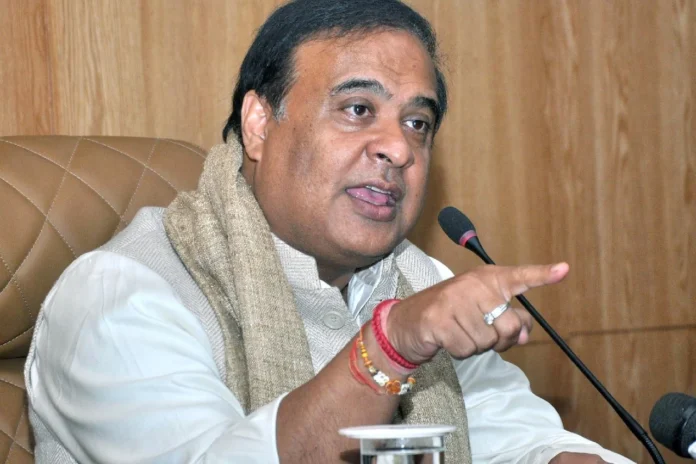Himanta Biswa Sarma, the Chief Minister of Assam, took a dig at Congress leader Jairam Ramesh, expressing surprise at what he perceives as fear from the opposition party. Ramesh’s recent comment, “Daro Mat: Himanta Biswa Sarma is an ‘outgoing’ Chief Minister,” was met with a sharp response from Sarma, who questioned the Congress party’s stance.
Sarma’s remarks come amidst growing political tensions in Assam, with the ruling Bharatiya Janata Party (BJP) and the Congress party engaging in verbal sparring. The Chief Minister’s assertion reflects his confidence in facing opposition criticism and his readiness to counter any challenges posed by rival parties.
Ramesh’s comment, suggesting Sarma’s potential departure from his role as Chief Minister, was met with skepticism and defiance by the Assam leader. Sarma’s retort indicates his determination to continue his tenure and dismisses any insinuations regarding his political future.
Using the platform available to him, Sarma seized the opportunity to assert his authority and challenge the opposition’s narrative. His response underscores the confrontational nature of contemporary Indian politics, where leaders are quick to defend their positions and engage in verbal duels with their rivals.
The exchange between Sarma and Ramesh highlights the ongoing political rivalry between the BJP and the Congress party, particularly in the context of Assam’s political landscape. As the Chief Minister, Sarma’s words carry weight and reflect the broader political dynamics at play in the state.
While the exact context of Ramesh’s comment remains unclear, Sarma’s reaction underscores the sensitivity of political discourse and the propensity of leaders to interpret remarks from rival parties as signs of weakness or apprehension.
As political tensions continue to simmer in Assam, Sarma’s dig at Ramesh serves as a reminder of the competitive nature of Indian politics and the constant scrutiny faced by political leaders. In the run-up to elections and amidst ongoing political maneuvering, such exchanges are likely to become more frequent as rival parties vie for dominance and seek to undermine each other’s credibility.



